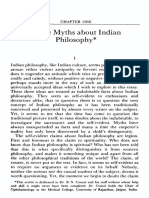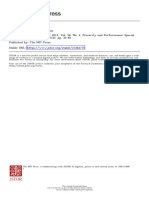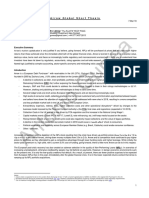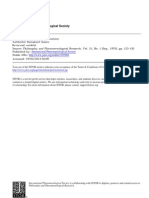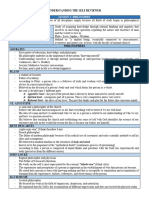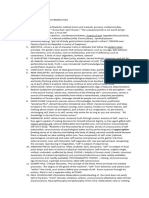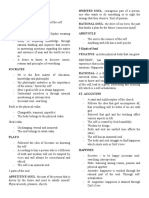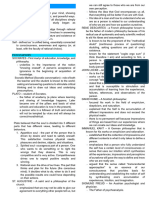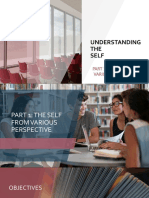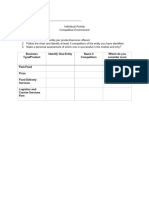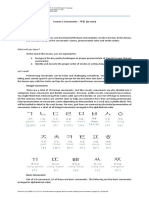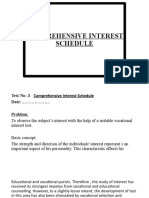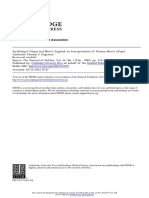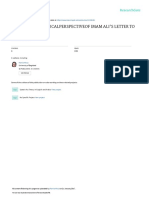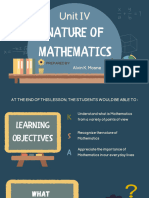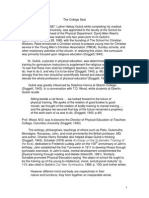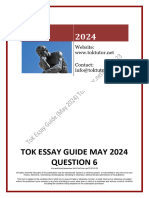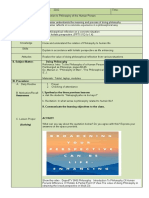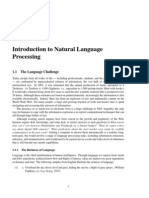0% found this document useful (0 votes)
250 views4 pagesUnderstanding the Self
This document explores different philosophical perspectives on the concept of self. It discusses views from ancient Greek philosophers like Socrates and Plato, who saw the self as consisting of both body and soul. Later philosophers discussed include Descartes, who argued "I think, therefore I am" and saw the self as the mind. Freud viewed the self as a product of unconscious processes and childhood experiences. More recent views discussed are from Ryle, who rejected the mind-body dualism and saw the self as dispositions, and Churchland, who took an eliminative materialist perspective based on neuroscience.
Uploaded by
Carla Flor LosiñadaCopyright
© © All Rights Reserved
We take content rights seriously. If you suspect this is your content, claim it here.
Available Formats
Download as PDF, TXT or read online on Scribd
0% found this document useful (0 votes)
250 views4 pagesUnderstanding the Self
This document explores different philosophical perspectives on the concept of self. It discusses views from ancient Greek philosophers like Socrates and Plato, who saw the self as consisting of both body and soul. Later philosophers discussed include Descartes, who argued "I think, therefore I am" and saw the self as the mind. Freud viewed the self as a product of unconscious processes and childhood experiences. More recent views discussed are from Ryle, who rejected the mind-body dualism and saw the self as dispositions, and Churchland, who took an eliminative materialist perspective based on neuroscience.
Uploaded by
Carla Flor LosiñadaCopyright
© © All Rights Reserved
We take content rights seriously. If you suspect this is your content, claim it here.
Available Formats
Download as PDF, TXT or read online on Scribd
/ 4









